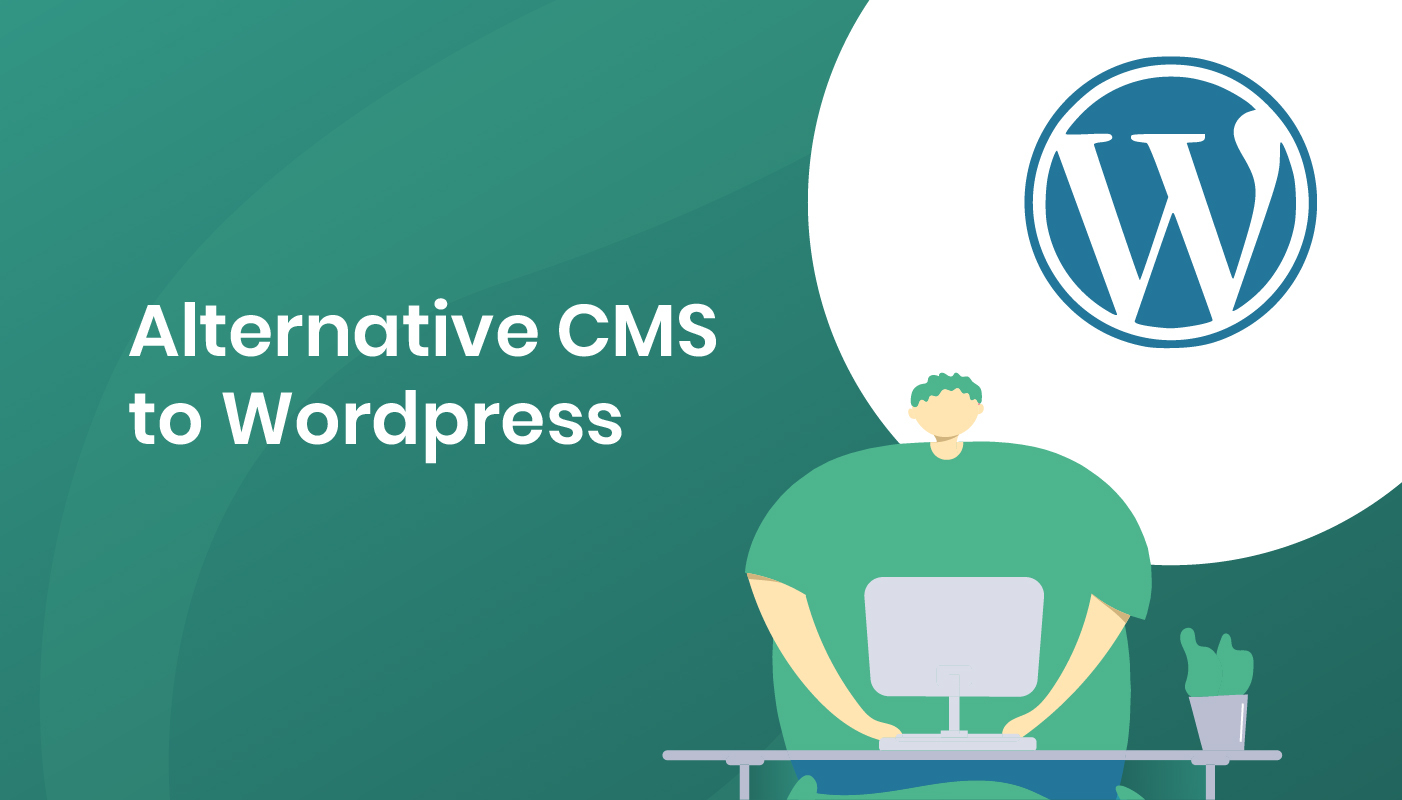
WordPress users can quickly become aware of how many problems they will have to face in the lifetime of their WordPress-based website and how difficult it will become to maintain without serious investment in expert support. However, WordPress is not the only CMS system and there are others that may better fit your needs. Read on to see what they might be.

We’re a team of passionate developers dedicated to building innovative solutions and sharing our knowledge. From coding best practices to emerging tech trends, we explore it all. Our goal is to simplify complex concepts and empower developers of all levels. Join us as we learn, build, and grow together!
.png)
There are so many ways to host a website these days. If you’re looking to start a website - the name WordPress surely came up several times. With a huge market share and vast plugin and theme libraries - WordPress is a very popular choice. Is it the best one? Let’s see what options we have.
This class of products offers an intuitive way to build simple websites and are a good choice for beginners. They usually come with a variety of themes that you can choose from, which makes it easier for users to create pages that look nice. These products come with a hosting platform, so you don’t need to worry about buying servers or configuring anything. That’s very handy, but comes with a string attached - once you make yourself comfortable with one of these products, it’s going to be very hard for you to move your content anywhere else.
Solutions that are often dedicated to hosting just one single page - the landing page of a marketing campaign. They tend to target marketers, entrepreneurs, people who experiment with multiple concepts of a page or campaign and want to easily track and analyze user behavior.
This broad class of systems offers more power and control over what is happening with your website. This may be a good thing, or a bad thing - depending on how much effort you want to put in. Starting from static site generators, through the classic, “headed” CMSes, and finishing with modern headless CMSes - the commitment you’ll have to make will grow.
These tools offer a neat way to build a set of static files that form your website. There are usually 2 parts to it - the raw content, written for example in a popular Markdown format, and a theme, which usually contains a predefined layout of your page. The generator engine will produce the final HTML files of your website based on these 2 ingredients (and probably some additional configuration or code, as well). You will have to get somewhat technical with this solution, but you’ll be in control of how your page is built and what really happens with the content.
The classical, or “headed”, as opposed to headless CMSes are responsible for delivering the HTML code of your website upon every request from a user’s browser. There are 2 parts of the system - the user-facing part and the admin interface, which is where you will enter your content. The admin part can be pretty complex and will also allow you to install additional extensions, themes, etc. that will provide extra features to your CMS system. The main issues of these platforms are:
You’ll also end up choosing the hosting provider and their plan and worrying about platform updates if you want to keep your installation secure.
Last class of the CMS platforms are the headless systems. What they offer is often a completely abstract way of organizing and consuming your data. These systems do not care if you will be building a product catalog displayed on a website, inside a mobile app or on a flatscreen. Their goal is to provide a clean and easily accessible way of defining data models, authoring data and then fetching it. How you make use of that data - is completely up to you. That also means that the amount of work you’ll have to put in to use any of these systems as a backend for your website will be quite big, especially compared to the previously mentioned solutions.
Depending on your level of technical expertise, the amount of time you want to invest or the plans you have for your digital properties - some of the solutions will be a better choice than others. Luckily - there are so many alternatives that we shouldn’t feel forced to use any single one. On the other hand - once you get on that train - it might be hard to switch to a different system, because many will try to lock you in. Choose wisely.